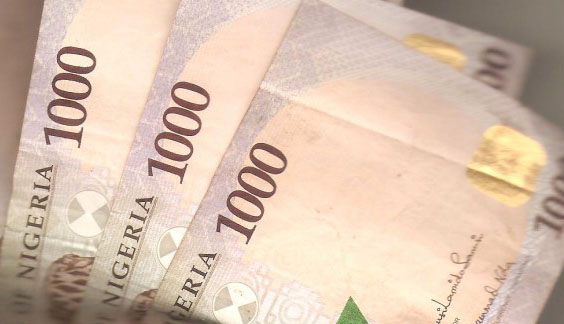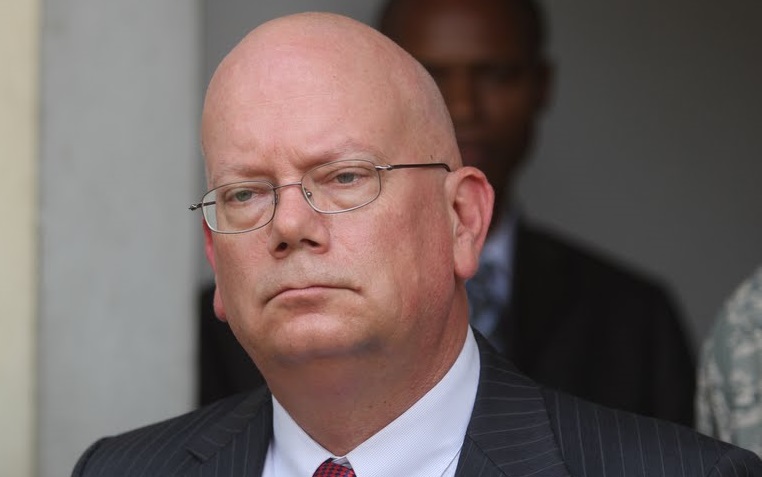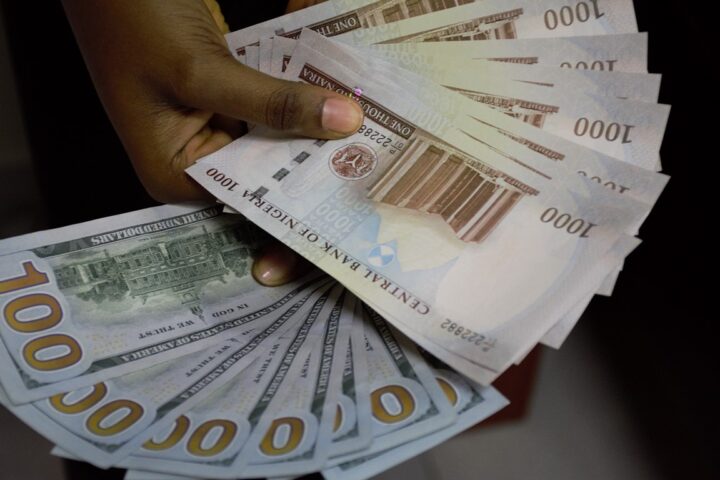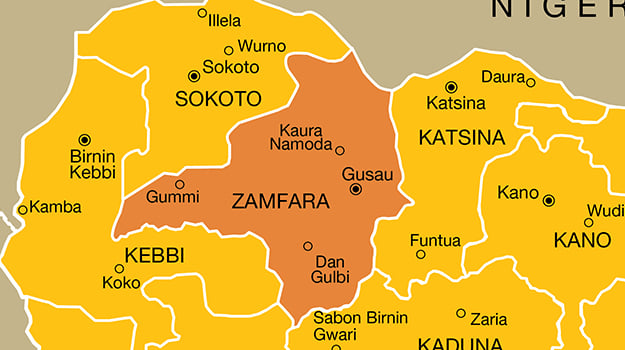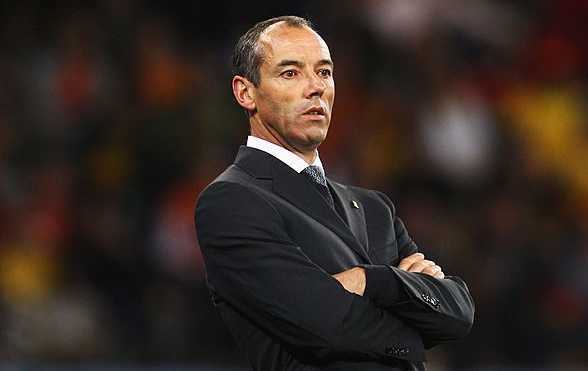Yesterday, the Central Bank governor told the Senate that the economy was stagnating, at the same time experiencing a high inflation. Interestingly, he still tried to press the reassurance button. Mr. Godwin Emefiele refrained from calling a spade a spade. Actually, Nigeria is experiencing a stagflation, a word the governor must have tried as much as possible not to use. One country to have experienced a full-fledged stagflation, in recent times, is Zimbabwe.
One characteristic of a stagflation is that prices keep rising at a period when growth is sluggish and unemployment is high. This is abnormal and very devastating. Of course, as expected, Mr. Emefiele refrained from telling his audience, the Senate, who needed some reassurance from him, that once this abnormality starts, it is hard to stop.
When people don’t have cash in their pockets, you expect the prices of goods to come down, but in a stagflation the prices keep going up. And trying to use monetary policy instruments and exchange rate adjustments to solve this malaise is actually a waste of time and effort.
President Muhammadu Buhari might be feeling vindicated at the moment: the introduction of the flexible exchange rate has not done the magic. Contrary to what some expected, investors are still dragging their feet and the naira is still struggling.
Advertisement
It is no longer news that the President grudgingly accepted the ‘devaluation’ of the naira. The president has not stopped criticizing the downward adjustment, or floating, of the naira.
The reason why the much talked about flexible exchange regime is not doing the magic is not far-fetched. Though some developing countries, who had adopted a flexible exchange regime, responded better than countries with fixed exchange rates in recessions, it is questionable whether this will apply to Nigeria.
Exports are supposed to bring in foreign currencies, which is supposed to improve the supply side of the foreign exchange market. Unfortunately, unforeseen events such as militancy in the Niger Delta reduces export earnings. Since our exports are prone to shocks, the unpredictability of forex supply in a market controlled strictly by the forces of supply and demand would continually make the naira move south.
Advertisement
Flexible exchange rates are better implemented in developing countries when the reserves are still robust – even if a currency is floating, it is not out of place for a government to intervene from time to time. Robust reserves help soothe the effect of unforeseen cuts in the supply of foreign currencies. In our case, our reserves are almost depleted.
The Central Bank had started with pegging the naira at about 280 to the dollar, but has just announced that it will now allow the currency to float freely. It is very unlikely that they would be able to predict what would happen to the naira in 6 months.
Nobody really knows. The former Central Bank governor, Sanusi Lamido, says the naira will firm if it is allowed to devalue beyond N300/$ in the interbank market, based on market realities. This argument contrasts with the Bank’s position after the introduction of the flexible exchange regime. The Bank and many analysts argued that the naira would gradually appreciate and that the difference between the interbank and parallel markets would contract – this hasn’t really happened.
Obviously, in a market determined by supply and demand, the appropriate point to look for would be the equilibrium point – a competitive point for the exchange rate. But with the various structural problems facing Nigeria, the naira will continue chasing this equilibrium point downhill.
Advertisement
For instance, if the black market rate gets to N500/$ as a result of militancy in the Niger Delta, there will always be an argument to devalue the naira to N450/$ in the interbank market – with the same logic the former governor propounded.
Strictly speaking, exchange rate adjustments alone will only provide a ‘temporary relief’. Sadly, ailments get worse after ‘temporary reliefs’ subside.
If government does not address the political and structural problems underlining our balance of trade deficit, all its efforts would be akin to treating tuberculosis with cough stirrups. No matter how much Mr. Emefiele tries to soothe the twitchy markets, as he attempted to do in London last week, investors will still keep dragging their feet.
Here, structural reforms aimed at revamping transport infrastructure, energy, production and export should be pursued vigorously in conjunction with currency adjustments. Not passing important laws like the PIB and amending the Railway Act, would only make the job harder for Mr. Emefiele. And by extension, for Buhari.
Advertisement
Also, the recent agitations and killings in the country will never help the influx of forex that could be needed in the so-called market determined by the forces of supply and demand. Without addressing the root causes of these agitations, nothing will work.
As long as the Bank keeps tweaking the naira, without the executive initiating robust structural and political reforms, life will continue to be hard for Nigerians. Our incomes, in dollar terms, will continue to go down. Tweaking the naira and implementing reforms are the way to go!
Advertisement
Add a comment

